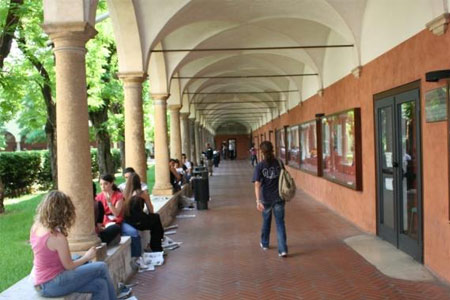- Didattica

Semestre filtro
Corsi di laurea
Corsi di laurea magistrale
POST LAUREA
- Facoltà
- Segreterie e sedi

Segreterie
Strutture
- Persone
- MY UNIVR
-


Policlinico “G. B. Rossi”
Piazzale L. A. Scuro, 10
37134 Verona
Partita IVA 01541040232
Codice Fiscale:93009870234
© 2002 - 2025
Università degli studi di Verona
Via dell'Artigliere 8, 37129 Verona |
P. I.V.A. 01541040232 |
C. FISCALE 93009870234


